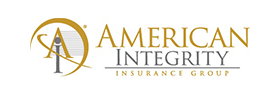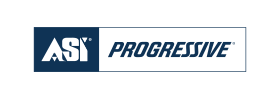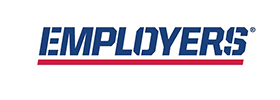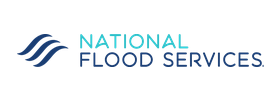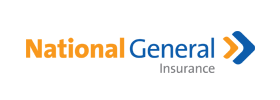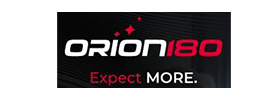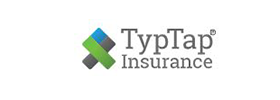Floods are among the most devastating natural disasters. Once the storm subsides, families are left to deal with the aftermath, cleaning up the wreckage and sorting through water-damaged possessions to determine what can be salvaged. But will flood insurance cover items that are beyond repair?
Understanding Flood Insurance Coverage
Flood insurance is typically purchased separately since most home insurance policies specifically exclude damages from floodwaters. It’s always a good idea to consult with an experienced at South Carolina Federal Insurance Solutions to determine the gaps in your insurance policies.
The Two Components of Flood Insurance
Acquiring general flood insurance in the Carolinas doesn’t always guarantee that your personal belongings will be covered. Most flood insurance policies consist of two parts: dwelling coverage and contents coverage, each with their own deductibles.
Dwelling coverage typically covers damage to the home’s structure and the cost of water removal. However, it typically doesn’t cover mold remediation nor compensate homeowners for damage to personal belongings.
Some insurance companies offer additional flood insurance coverage, often referred to as contents or personal property coverage. This coverage helps cover the cost of replacing items that can’t be salvaged. However, content coverage has its limits, so it’s crucial to ensure you have sufficient coverage to replace high-value items, such as appliances, workout equipment, and artwork.
Important Considerations
There are a few things to keep in mind regarding flood coverage and personal belongings. Some insurance companies do not offer coverage for personal belongings. In contrast, others may provide limited coverage for items stored in basements, as these areas are often the most affected by flooding.
The type of coverage offered usually varies depending on the insurance company. At Insurance Solutions, we understand the importance of having adequate coverage. Our experienced agents will help you determine the right coverage to protect your belongings and the necessary coverage limits. Contact us today to learn more about flood insurance or for a free comprehensive review of all of your insurance policies.





